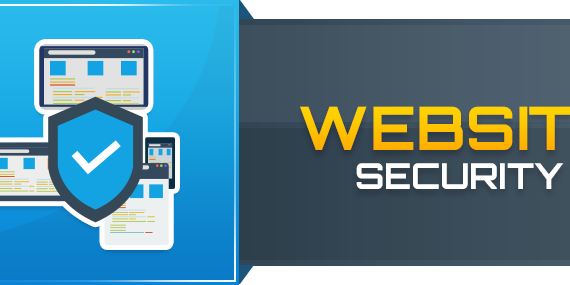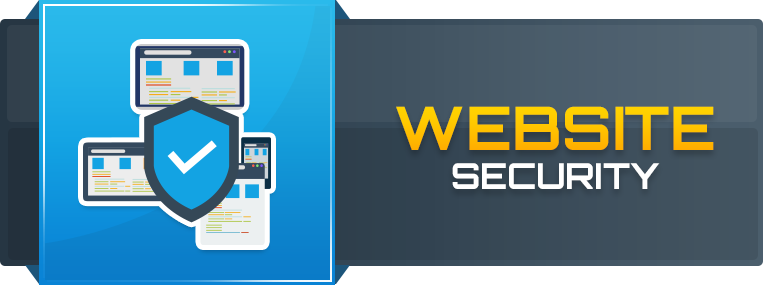
Speed up website security in four clever ways
Category : Webmaster Skills
If you’re a website owner, don’t overthink your website security. Start with the basics. Here are top five things you absolutely must do to protect your website, your personal information, and your customers from a data breach and other forms of cybertheft.
Use a Password Manager to Keep Logins Secure.
How do you keep your passwords safe? Are you depending on your web browser’s easy-to-use autofill function and/or reusing the same passwords over and over again? You wouldn’t be alone in this common but catastrophic mistake.
In January 2018, Wired reported findings from Princeton University’s Center for Information Technology Policy that auto-filling your login and password information leaves you susceptible to data tracking and collecting from third-party sites. If you reuse passwords for multiple logins, the script from these predatory third-party websites can lift your password and use them to access your profiles.
The quick solution isn’t to mix up all of your passwords and to write them down in a notebook somewhere. Password managers, like LastPass and 1Password, can generate a random password for each of your profiles and websites, store them for you, and keep them encrypted. Some of them also have two-step authentication, giving you an extra layer of security.
Another important note: limit the number of people who have access to your website and restrict administrative privileges to everyone except for a select few. The more people are able to access your site’s back door, the greater the chances are of a data breach. Even the most trustworthy employee can forget to log out, can reuse passwords, or do something to accidentally jeopardize your site’s security.
Install an SSL Certificate.
An SSL Certificate puts a Hypertext Transfer Protocol Secure (HTTPS) between your website and its visitors’ computers. Particularly for a business website, it is a critically important security measure to install.
This communication technology simultaneously encrypts and authenticates the data that’s being sent to and from your site and your visitors, keeping it completely confidential. As a result, outsiders aren’t able to track or steal your visitors’ information during the exchange. It also has the benefit of protecting the integrity of the data as it’s being received or sent from your site.
If your business website accepts customer’s credit card numbers and personal information, an SSL certificate can prevent cyber thieves from stealing it and ruining your business’ reputation.
An SSL certificate is more important than ever now that Google will flag any site without one as “not secure”. For iPage customers, we are offering a free basis SSL to prevent this from happening. Find out more about how the Google changes might affect your website, or how to enable free SSL if you have live website with a domain purchased through iPage.
Backup Your Data Regularly.
Your web hosting company most likely backs up your site’s data on a regular schedule. For a business website, that may not be enough.
If your site goes down, gets hacked, or sees other major damage, then your backed up data will help you get it up again quickly. To maintain the utmost security on your website, get additional help from a backup application or a dedicated backup plugin. Though they may cost a little extra, they will store your website’s data and any related information. Try to install a plugin that performs backups at least once a week.

Perform Updates on Schedule.
It’s happened to literally millions of website owners. You get an email notification about a software update or, if you’re running a WordPress-hosted site, a theme and plugin update. Instead of heeding the notification, you assume your web hosting company will perform this routine update and delete the email. A few months later, your site gets hacked. Your personal data, your customers’ data—it’s all been stolen by cyber thieves.
Though incredibly common, this kind of data breach is also entirely preventable. According to the world-renowned web security specialists at Sucuri Remediation Group, almost two-thirds of WordPress-hosted sites run on outdated themes, plugins, and software because website owners neglect their updates.
Delayed updates don’t just make your website glitchy. They leave gaping holes in its security through which hackers can enter. Stay on top of your updates, and your site will be impenetrable.
Read more Great tips to accelerate website speed
_______________________________________________________________________________
Please contact us for seo service packages at TDHSEO.COM.
TDHSEO Team
Email: tdhseo@gmail.com
Skype: tdhseo
https://www.facebook.com/tdhseo
Thank you!